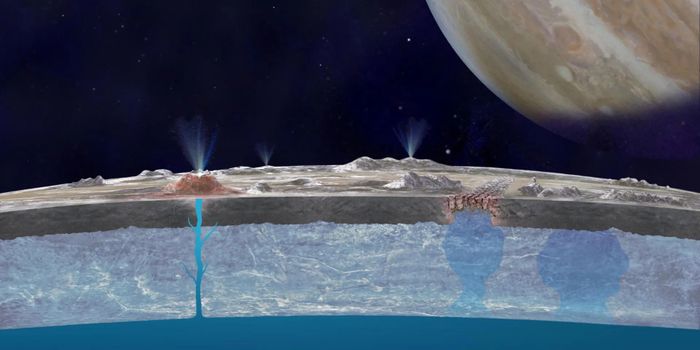Machine Learning Predicts Which Genetic Mutations Drive Cancer Progression
Understanding what drives cancer has perplexed scientists for years. However, what is abundantly clear is that mutations in the DNA of cancer cells play a big role in the progression of cancer. However, only a few mutations have any say in how cancer progresses. The rest remain silent. For example, the p53 or TP53 genes are implicated in more than 50% of cancers. Other common mutations include changes to the epidermal growth factor receptor (eGFR) and BRAF. Many of these genes have drugs now that can target them and prevent them from causing cancer progression.
Knowing what genes drive cancer progression can lead to the development of new, specific, targeted cancer therapeutics. Uncovering the mystery of what other genes drive cancer could aid in the proliferation of targeted cancer therapies for even more types of cancers. A research team from the Massachusetts Institute of Technology have developed a new tool that could help aid the search for new cancer therapeutics.
Described in a recent paper published in Nature Biotechnology, researchers have developed a computer model that is able to scan the genome of a cancer cell, which allows researchers to detect which genetic mutations occur and how frequently. Mutations that happen more frequently could be suggestive of a potential cause of cancer progression and ongoing tumor growth.
In their analysis, researchers detected mutations that were not previously the focus of therapeutic development. Researchers estimated that these mutations happened in up to 10 percent of cancer patients. These findings are important because they provide some hope for patients who previously had no way of treating their cancer or understanding what causes it.
Currently, a good portion of what we know about the genetic mutative drivers of cancer is limited to about 2% of the entire genome. What researchers at MIT have accomplished could allow researchers to scour an entire litany of genes and gene mutations, including many that exist within cancer cells themselves.
Sources: Eureka Alert!; Cancer; Nature Biotechnology








